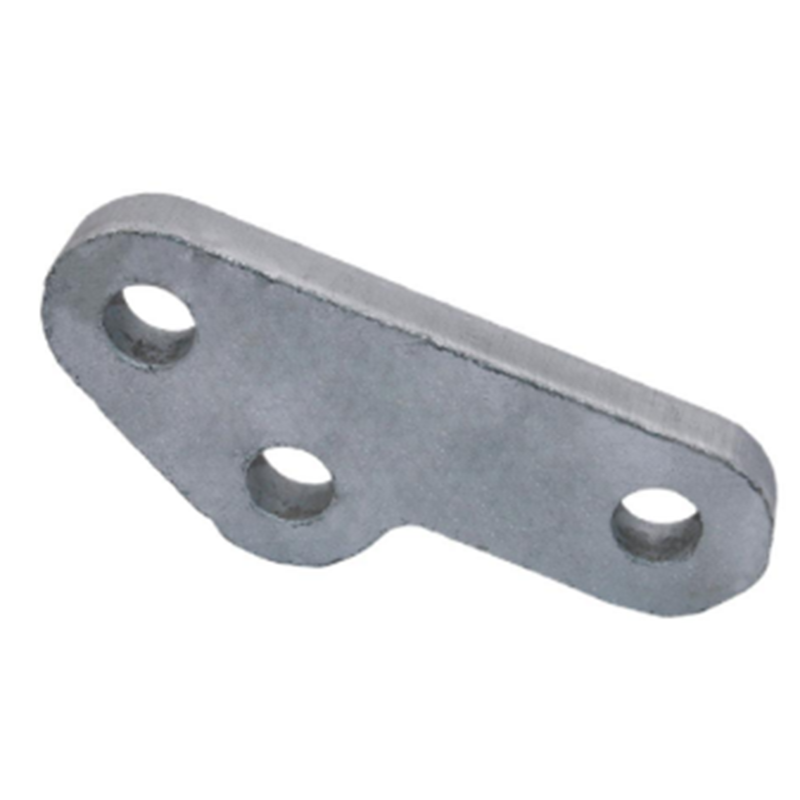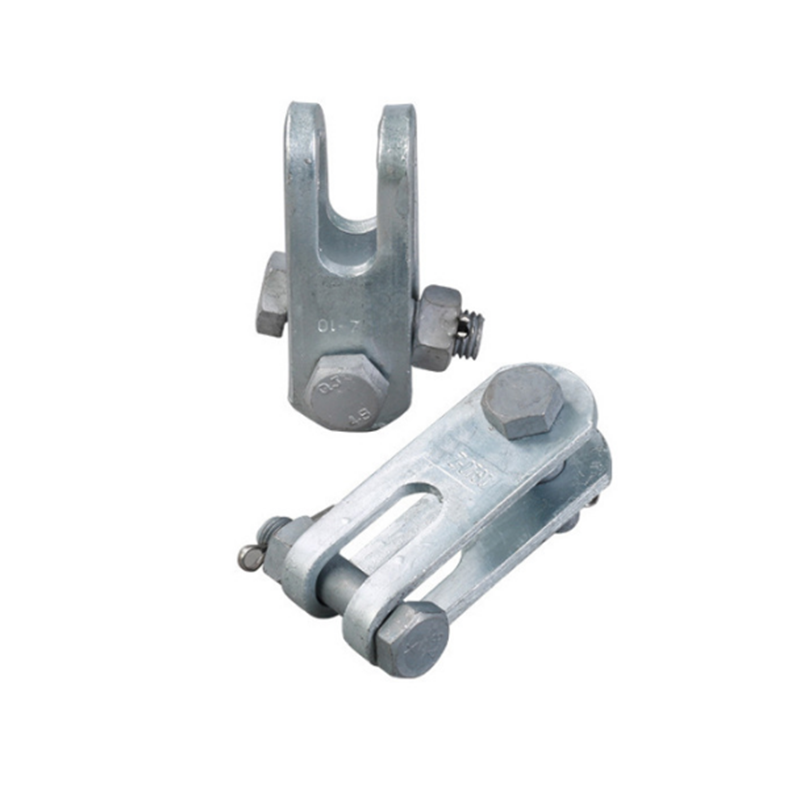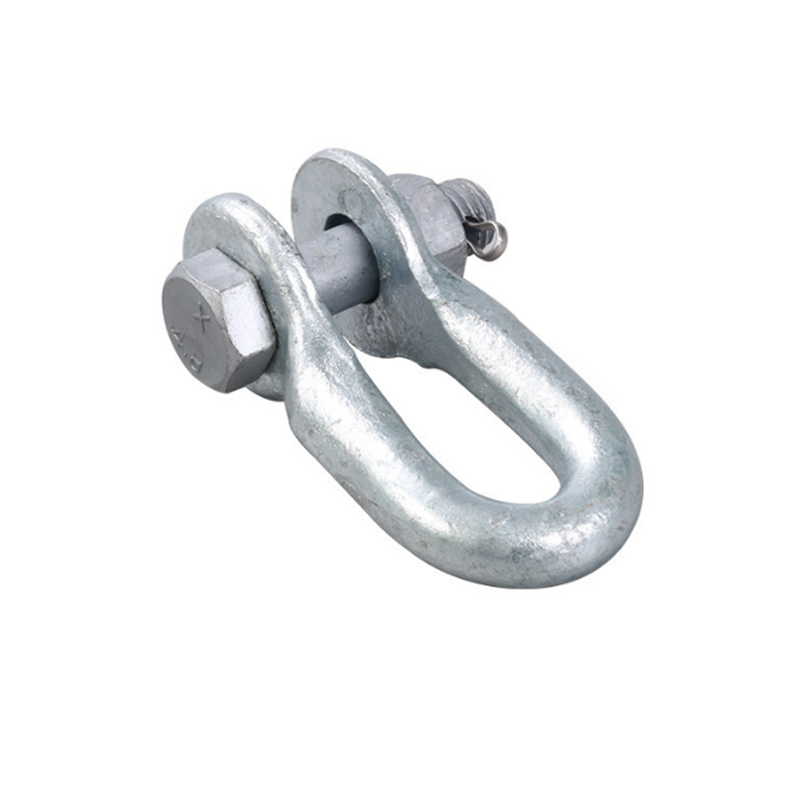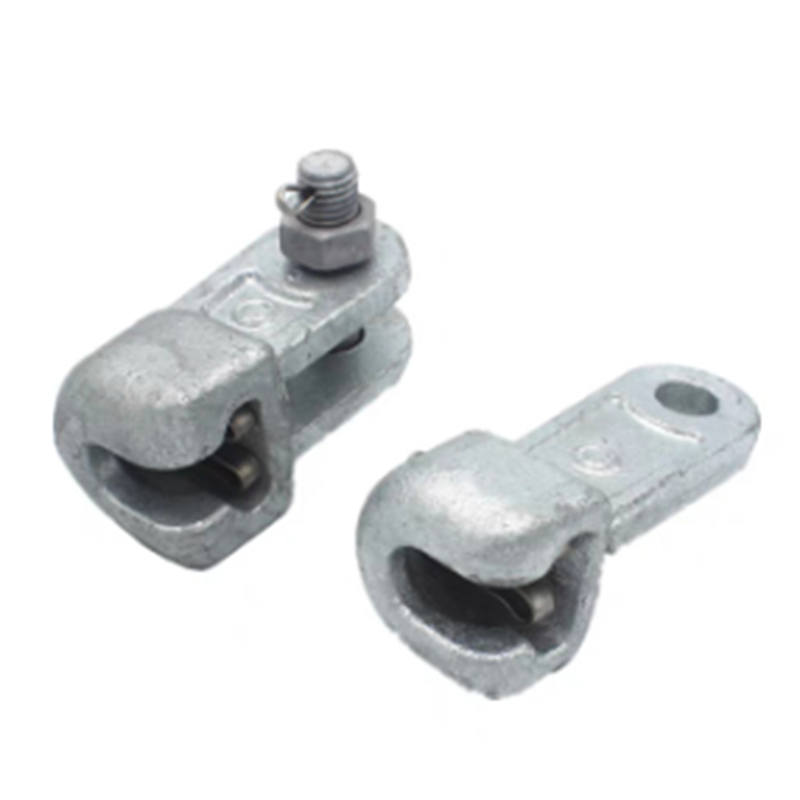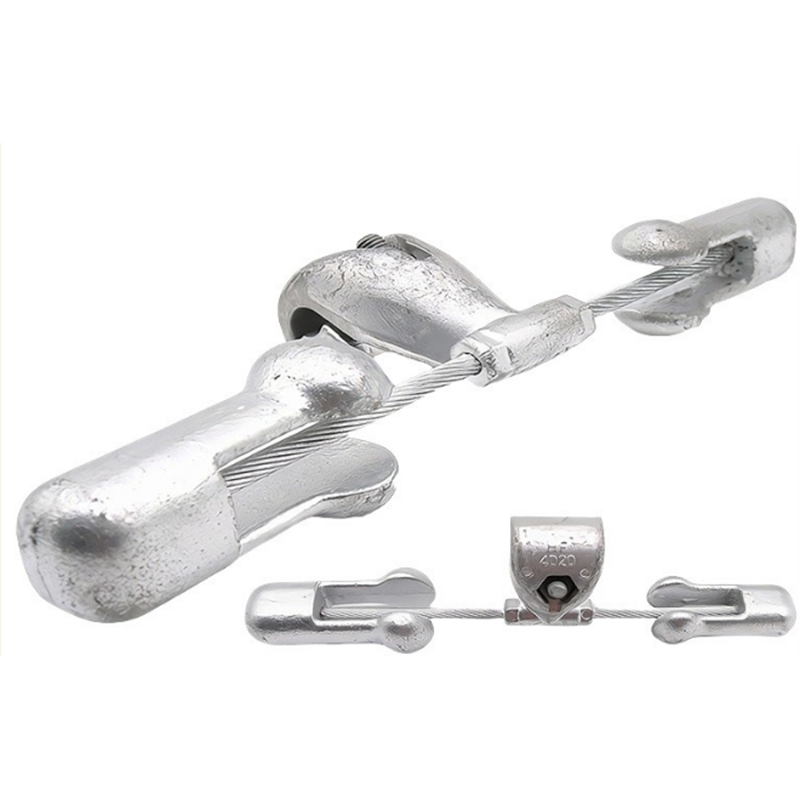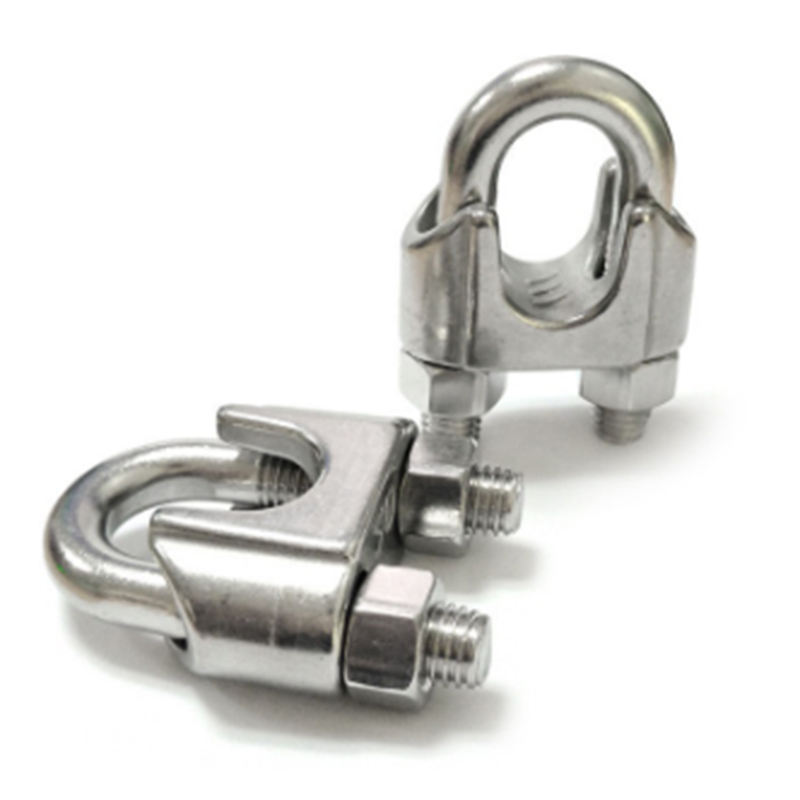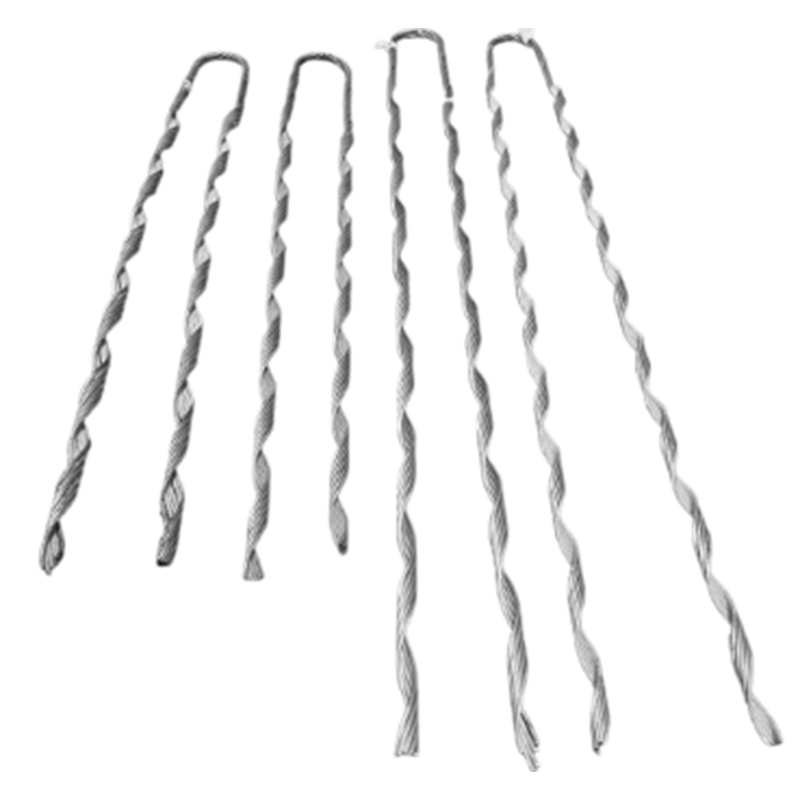- Chinese
- French
- German
- Portuguese
- Spanish
- Russian
- Japanese
- Korean
- Arabic
- Irish
- Greek
- Turkish
- Italian
- Danish
- Romanian
- Indonesian
- Czech
- Afrikaans
- Swedish
- Polish
- Basque
- Catalan
- Esperanto
- Hindi
- Lao
- Albanian
- Amharic
- Armenian
- Azerbaijani
- Belarusian
- Bengali
- Bosnian
- Bulgarian
- Cebuano
- Chichewa
- Corsican
- Croatian
- Dutch
- Estonian
- Filipino
- Finnish
- Frisian
- Galician
- Georgian
- Gujarati
- Haitian
- Hausa
- Hawaiian
- Hebrew
- Hmong
- Hungarian
- Icelandic
- Igbo
- Javanese
- Kannada
- Kazakh
- Khmer
- Kurdish
- Kyrgyz
- Latin
- Latvian
- Lithuanian
- Luxembou..
- Macedonian
- Malagasy
- Malay
- Malayalam
- Maltese
- Maori
- Marathi
- Mongolian
- Burmese
- Nepali
- Norwegian
- Pashto
- Persian
- Punjabi
- Serbian
- Sesotho
- Sinhala
- Slovak
- Slovenian
- Somali
- Samoan
- Scots Gaelic
- Shona
- Sindhi
- Sundanese
- Swahili
- Tajik
- Tamil
- Telugu
- Thai
- Ukrainian
- Urdu
- Uzbek
- Vietnamese
- Welsh
- Xhosa
- Yiddish
- Yoruba
- Zulu
- Kinyarwanda
- Tatar
- Oriya
- Turkmen
- Uyghur

Bolt head screw
The Practical Insights into Bolt Head Screws
Bolt head screws might seem straightforward, but delve a bit deeper, and you'll uncover a world of engineering nuances and practical insights that only experience can teach.
Understanding the Basics
Before I go any further, let's clear up a common misconception. In the industry, people often confuse bolt heads and screws. While they may seem interchangeable to a layperson, in construction or manufacturing, these differences matter. I've seen a project come to a screeching halt simply because the wrong fastener was used.
The term bolt head screw actually refers to the type of head on the bolt, offering various handling and torque capabilities. If you work in metal assembly—like the teams at Shengfeng Hardware Fastener Factory—choosing the right one can be crucial for both performance and safety. Their facility, strategically located in Hebei, leverages this understanding in crafting reliable fasteners.
Now, I recall one time—working on a bridge prototype—where an incorrect bolt head led to the failure of a joint during stress tests. It was a hard lesson, but it hammered home the importance of understanding every component you're dealing with.
Types of Bolt Head Screws
Different projects call for different features. You have hex heads, flat heads—each with its own set of advantages. For heavy machinery, hex heads are the norm because they allow for the strongest grip, but that's not a universal rule. Rather, it's more of a guideline.
One thing that Shengfeng Hardware Fastener Factory excels at, especially given their extensive range of over 100 bolt types, is providing just the right fit for every situation, whether it's a custom job or a standard need. If you're near the Yongnian District, a visit to their factory could be eye-opening.
When you're faced with vibration-heavy environments, like automotive applications I've been a part of, opting for a hex head with a lock washer can mitigate the risk of loosening—a solution that Shengfeng often recommends.
Installation Hiccups
Hands-on installation is a beast of its own. I've learned, often the hard way, the importance of matching torque specs. Over-tightening can lead to snapping, while under-tightening might cause slipping—each with its catastrophic potential.
Once, during an installation in a remote area, we realized we didn't have the ideal torque wrench—turned out disastrous. These kinds of practical errors teach more than textbooks ever could.
Ultimately, if you're unsure about the specifics, never hesitate to consult with manufacturers like Shengfeng Hardware Fastener Factory. Their expertise is vast, and websites like https://www.sxwasher.com offer direct guidance and catalog insights.
Impact of Material Choice
Don't overlook material. Each has its own pros and cons, especially in varying environments. Stainless steel might be your best friend in corrosive atmospheres, but for high-strength demands, carbon steel might be more fitting.
Years back, at a coastal project, we opted for regular steel fasteners, only to face severe corrosion within months. Lesson learned: always align material choice with environmental conditions.
Shengfeng’s expertise can be particularly valuable in these scenarios. Their product diversity ensures you're not shooting in the dark when picking materials.
Final Thoughts on Bolt Head Screws
So there you have it—bolt head screws are more than simple components. They are the backbone of countless assemblies and structures.
Whether you’re an industry veteran or a newcomer, every project presents a learning curve, and having a trusted supplier, with both inventory and insight like Shengfeng Hardware Fastener Factory, can make all the difference in preventing and solving issues.
Remember, real-world experience is irreplaceable. Each bolt, each screw, each choice offers an opportunity to refine your understanding, and that’s where the magic truly lies.
Соответствующая продукция
Соответствующая продукция







